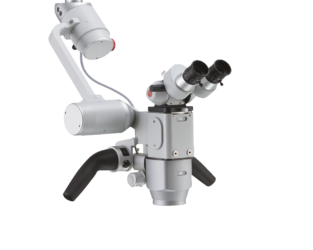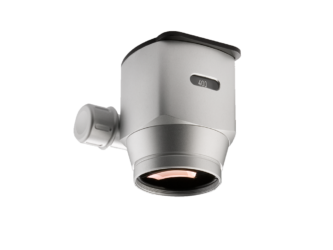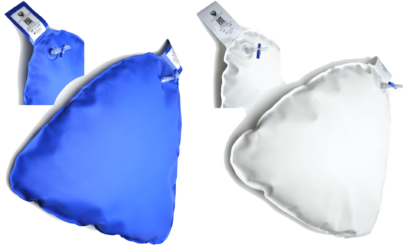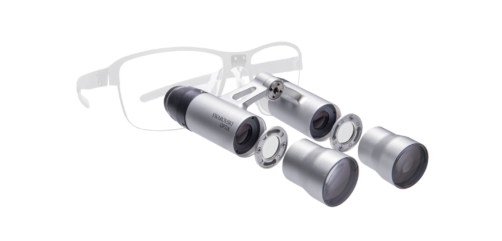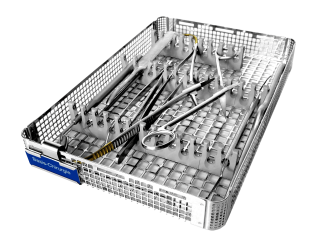Periodontology is classified into classical and surgical
And the periodontologist, of course, needs them binocular magnifiers
Classic periodontology: hygiene/ closed curettages, at this stage it is absolutely enough optical systems of Galileo, since with such binocular magnifiers the periodontist will be able to clearly see whether the scaler attachment is clearly attached to the hard tissues of the tooth during hygiene and can clearly see 2-3 mm in the pocket. The color rendering of the optics will be critical for recognizing pigmentation, plaque, tartar or deposits.
At the stage of closed curettage, optical magnification will make it possible not to damage the enamel as much as possible and to remove only the biofilm.
Surgical periodontology: during surgical periodontology, the doctor is sufficient in most cases optical systems of Galileo however, as far as microsurgery is concerned: work with a graft, closing recessions, at this stage for a periodontist it is worth using Kepler's prismatic systems, because the doctor works with micro-instruments, thin sections, thin threads, etc
The blue filter will make it possible to polish overhanging edges of previous restorations at the hygiene stage, and the green filter will make it possible to avoid bleeding at the surgical stage, since with it you can clearly see the superficial blood vessels.
Of course, your back will tell you: "Thank you!". Binocular magnifiers are selected individually for each user, therefore, during the work shift, the doctor maintains the correct posture, which significantly affects health, helps to maintain a straight posture and avoid straining the back and neck.
